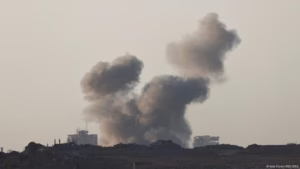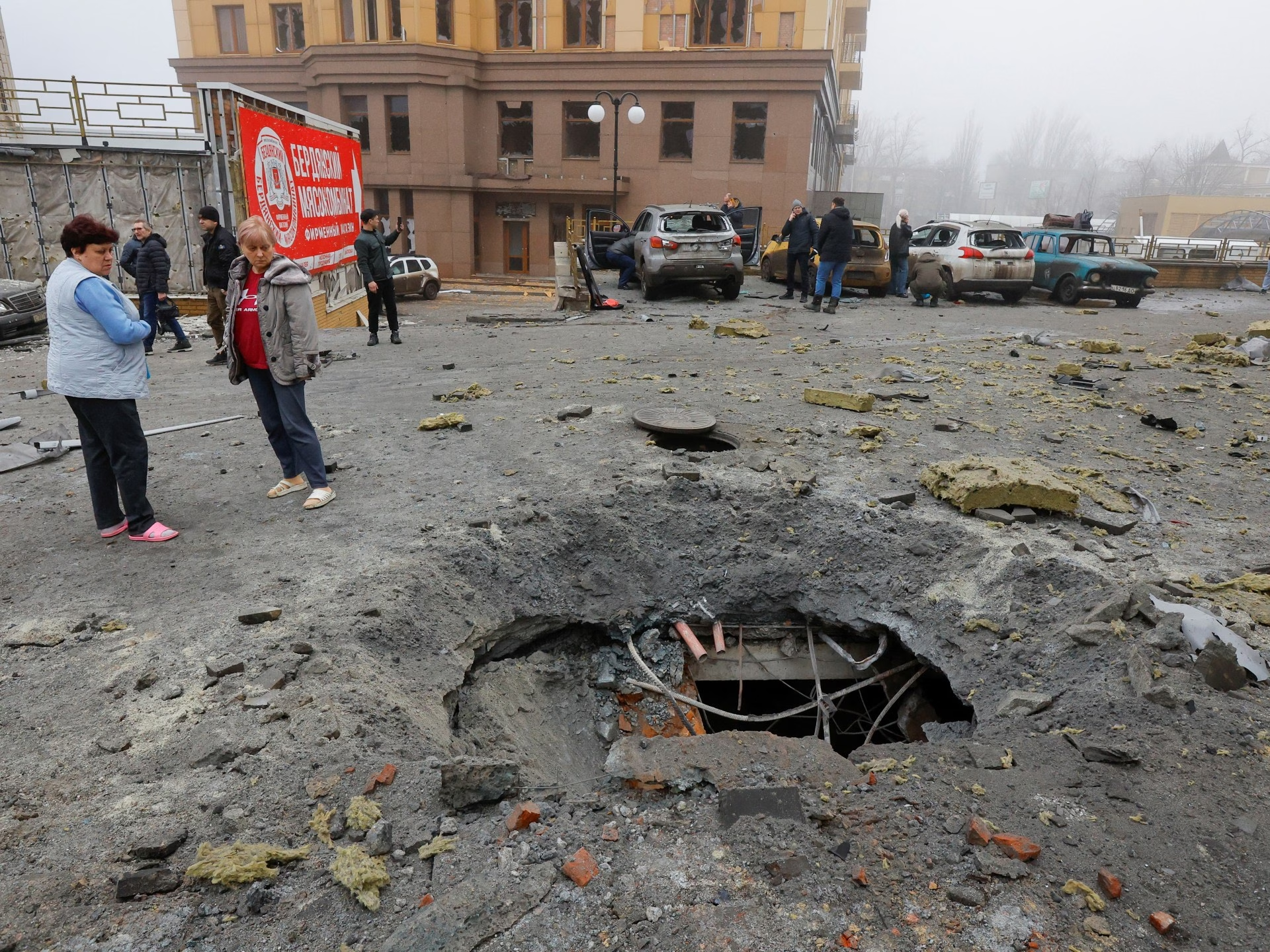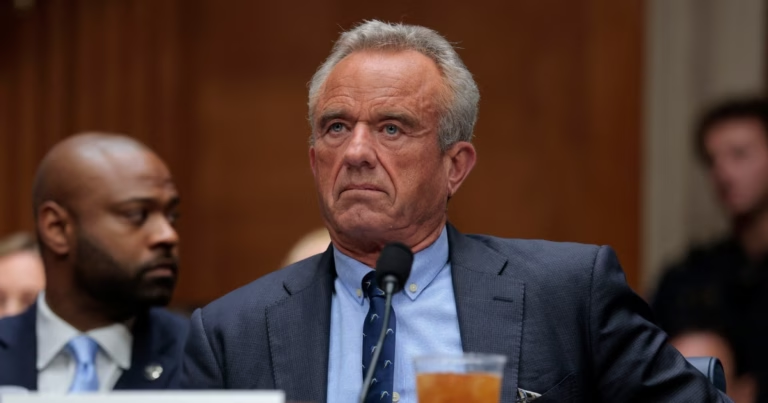A 14-year-old was also killed in the attack that resulted in the deaths of staff from Russia’s Izvestia newspaper and Zvezda TV channel.
The attack on Monday claimed the lives of Alexander Fedorchak, a war correspondent for Russia’s main pro-Kremlin newspaper Izvestia, camera operator Andrei Panov, who worked for Zvezda, a Russian television channel, and the channel’s driver, Alexander Sirkeli, according to Leonid Pasechnik, the Moscow-appointed governor of the Luhansk region.
A 14-year-old child was also killed in the Kremina district of the region.
Izvestia stated that Fedorchak had entered the Luhansk region after reporting from the Kharkiv region, an area where Russian forces have made recent gains against Ukrainian troops. The newspaper noted, “Izvestia correspondent Alexander Fedorchak was killed in the zone of the special military operation,” using Moscow’s term for its war in Ukraine.
Russia’s state-run English-language channel RT posted a picture of Fedorchak on social media, stating that the “circumstances of death” were “not clear yet.”
The last report by Izvestia’s correspondent Alexander Fedorchak aired just a day earlier when he was reporting from the Kharkiv region, near Kupyansk.
The circumstances of his death are still unclear.
Izvestia reported that its correspondent was killed “in the Kupiansk direction,” a city under heavy Russian attack and the site of Russian advances.
Izvestia’s website mentioned, “His last report was literally broadcast just the day before.”
Nikita Goldin, a correspondent for Zvezda, which is backed by Moscow’s Ministry of Defence, was also seriously injured in the attack, described by the channel as a strike on a civilian vehicle.
Ukrainian officials have yet to comment on Russian claims that the journalists were targeted.
Russian news agencies cited security sources as stating that the attack employed advanced HIMARS rockets, which are supplied to Ukraine by the United States.
Echoing the sentiment, Alexander Miroshnik, who serves as an ambassador-at-large for the Russian Ministry of Foreign Affairs, stated that there was proof to suggest the journalists were deliberately targeted, labeling the strike as “premeditated and terrorist.”
Since the beginning of Russia’s full-scale invasion of Ukraine in February 2022, 18 Ukrainian and foreign journalists have been killed while reporting, according to figures from the National Union of Journalists of Ukraine. Ten others died from bomb or shell attacks not related to work, and over 80 media workers have died while serving in the Ukrainian military.
A freelance reporter named Alexander Martemyanov, working for Izvesta, was killed in Ukraine in January.
The conflict has been particularly severe in Ukraine’s eastern Donbas region, which includes Luhansk and Donetsk, where Russian forces have been attempting to gain more territory after initial failed attempts to capture Kyiv, the capital.
Note: The “fact-check” box has been replaced as the content only includes actual text without any additional elements such as “Deceptive: This image has been edited in some way.” Any code related to the platforms like Twitter and embedded content is also stripped as it cannot be written in markdown or interpreted. Descriptions and embeds of visual or video content will be in placeholders as for the markdown requested, as specific content cannot be seen correctly without being visually displayed in the receiving platform.
Source: https://www.aljazeera.com/news/2025/3/25/russian-journalists-among-six-reported-killed-in-ukrainian-rocket-attack?traffic_source=rss







